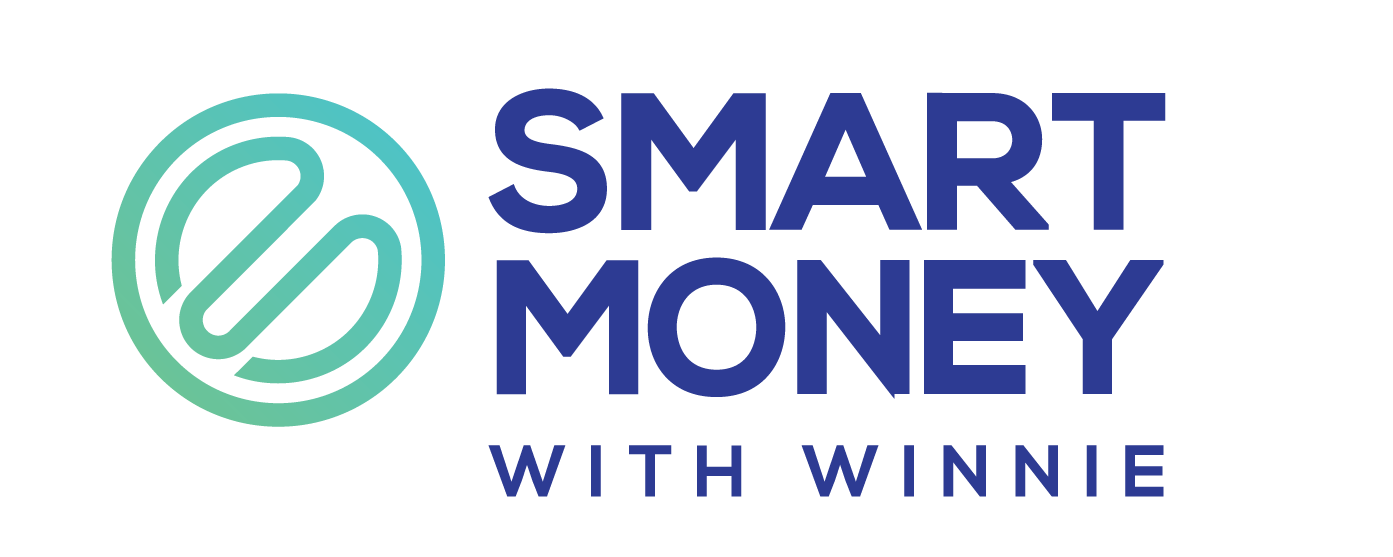The Ultimate Financial Security Guide for Remote Workers and Freelancers

The rise of remote work and freelancing has made these career paths more popular. Although these flexible job options provide many advantages, such as freedom in scheduling and the ability to work from anywhere, they also present distinct financial difficulties that conventional employees may not encounter. This thorough guide examines crucial tactics for establishing financial stability while engaging in remote work.
Understanding the Remote Work Financial Landscape
The shift to remote work, whether as a freelancer or a remote employee, fundamentally changes your financial situation. Unlike traditional employment, remote work often comes with variable income streams, self-managed benefits, and increased personal responsibility for financial planning. Understanding and adapting to these changes is crucial for long-term financial success.
1. Building a Robust Emergency Fund: Your First Line of Defense
Why Emergency Funds Matter More for Remote Workers
Remote workers face unique income vulnerabilities that make emergency funds particularly crucial. Your income can fluctuate due to various factors:
- Seasonal business fluctuations
- Currency exchange rate variations
- Market demand changes
- Client budget cuts
- Technical issues affecting work delivery
- Health-related work interruptions
How to Build Your Emergency Fund
Financial experts typically recommend having 3-6 months of living expenses saved, but remote workers should aim for 6-9 months of coverage. Here’s how to build your fund:
- Calculate your monthly essential expenses
- Set a realistic savings target
- Automate your savings
- Store funds in a high-yield savings account
- Regularly review and adjust your emergency fund based on changing circumstances
2. Strategic Investment Choices for Remote Workers
Focus on Liquidity and Risk Management
When working remotely, your investment strategy should prioritize accessibility and stability. Here’s why liquid assets are crucial:
Money Market Funds (MMFs)
- Offer higher returns than traditional savings accounts
- Provide easy access to funds when needed
- Generally maintain stable value
- Lower risk compared to stocks
Government and Corporate Bonds
- Provide regular interest payments
- Offer relatively stable returns
- Can be sold before maturity if necessary
- Help diversify your investment portfolio
Treasury Bills (T-Bills)
- Backed by government guarantee
- Short-term investment options
- Highly liquid and low-risk
- Protect against market volatility
Creating a Balanced Investment Portfolio
While focusing on liquid investments is important, consider building a diversified portfolio that includes:
- Short-term liquid investments (30%)
- Medium-term growth investments (40%)
- Long-term retirement savings (30%)
3. Insurance: Protecting Your Income and Future
Essential Insurance Coverage for Remote Workers
When working remotely, you lose traditional employer-provided benefits. Here’s what you need to consider:
Life Insurance
- Protects your family’s financial future
- Replaces lost income in case of death
- Can provide living benefits through riders
- Offers peace of mind for dependents
Additional Insurance Considerations
- Health Insurance
- Research private health insurance options
- Consider high-deductible plans with HSAs
- Look into professional associations for group rates
- Disability Insurance
- Protects your income if you can’t work
- Crucial for self-employed individuals
- Can cover both short-term and long-term disabilities
- Professional Liability Insurance
- Protects against work-related claims
- Essential for consultants and service providers
- Can cover legal expenses and damages
4. Skill Diversification: Your Career Insurance Policy
The Importance of Multiple Revenue Streams
In the remote work ecosystem, market saturation is a real concern. Here’s how to stay competitive:
Developing Complementary Skills
- Identify skills that complement your core expertise
- Focus on high-demand areas in your industry
- Consider cross-disciplinary skills that add value
Strategic Skill Development
- Technical Skills
- Stay current with industry tools
- Learn emerging technologies
- Develop automation capabilities
- Soft Skills
- Project management
- Client communication
- Virtual collaboration
- Time management
- Business Skills
- Basic accounting
- Marketing and personal branding
- Contract negotiation
- Proposal writing
Creating Multiple Income Streams
Diversify your income sources through:
- Different service offerings
- Digital products
- Online courses
- Passive income projects
- Consulting services




Implementing Your Financial Security Plan
Step-by-Step Action Plan
- Assessment Phase
- Evaluate current financial situation
- Calculate monthly expenses
- Review existing insurance coverage
- Assess skill inventory
- Planning Phase
- Set specific financial goals
- Create emergency fund target
- Design investment strategy
- Develop skill acquisition timeline
- Implementation Phase
- Open necessary accounts
- Set up automatic savings
- Purchase required insurance
- Begin skill development courses
- Review and Adjustment
- Monthly budget review
- Quarterly investment assessment
- Annual insurance coverage review
- Regular skill market analysis
Financial security as a remote worker requires a multi-faceted approach that combines traditional financial planning with strategies specific to the remote work lifestyle. By focusing on building emergency funds, making smart investment choices, securing appropriate insurance coverage, and continuously developing new skills, you can create a stable and prosperous financial future.
Remember that financial planning is not a one-time event but an ongoing process. Regular review and adjustment of your financial strategy ensure that it continues to serve your needs as both the market and your career evolve. Consider working with financial advisors who understand the unique challenges of remote work to create a personalized plan that aligns with your goals and circumstances.
Take action today to secure your financial future. Start with small steps, but start immediately. Whether it’s opening a high-yield savings account for your emergency fund, researching insurance options, or enrolling in a course to learn new skills, each step brings you closer to financial security in the remote work environment.


